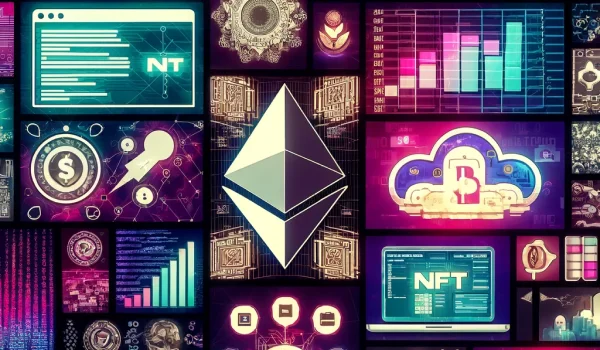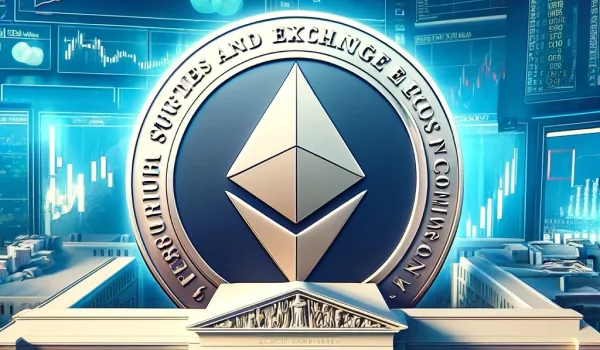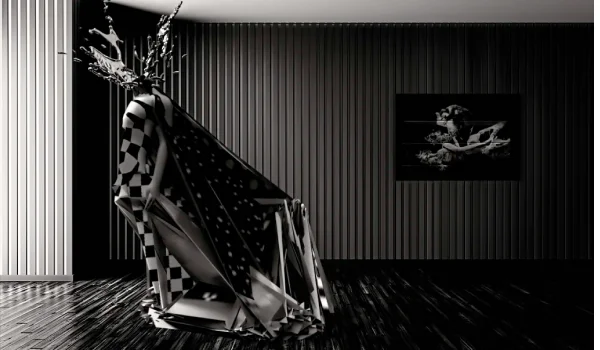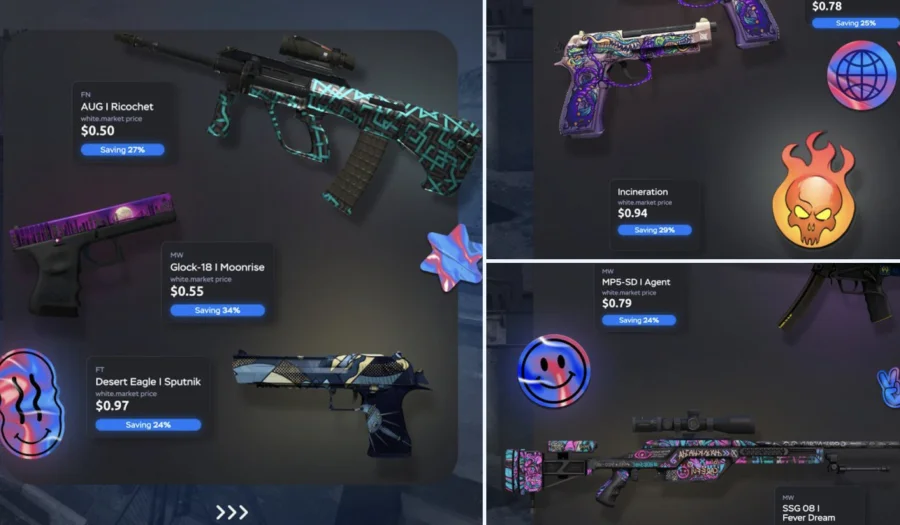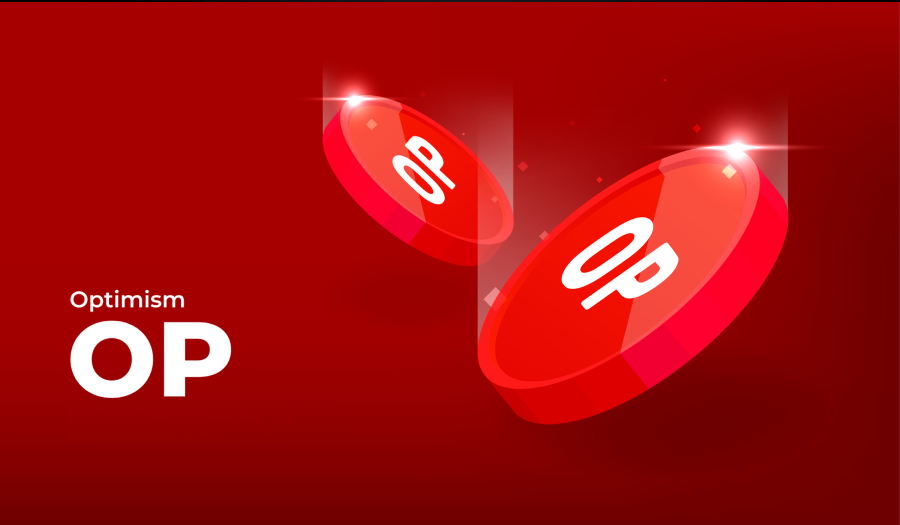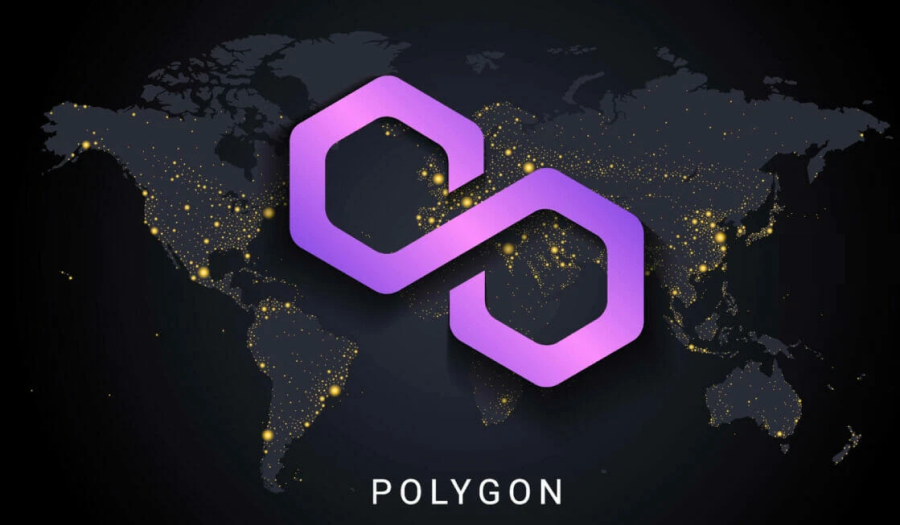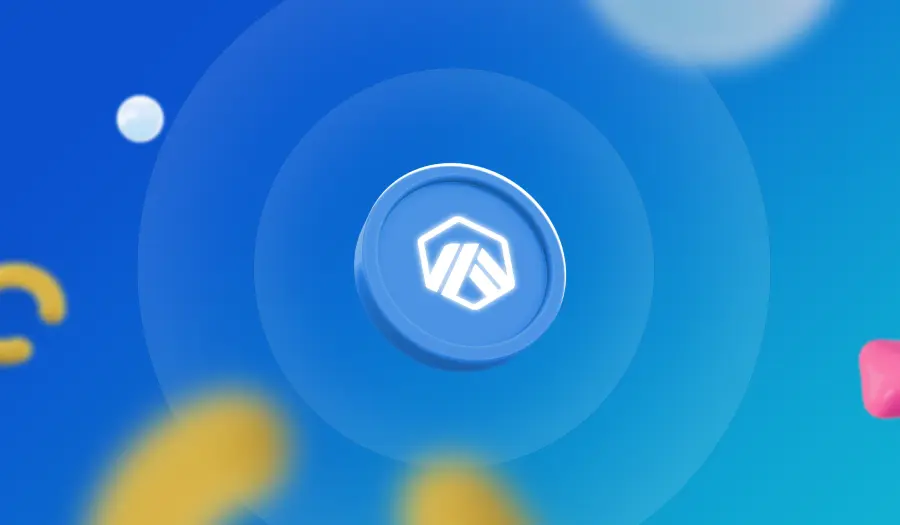NFTs (Non-Fungible Tokens) have become popular in the exciting world of digital art and collectibles. To navigate the new blend of blockchain and music, it's crucial to grasp the basics of NFT technology.
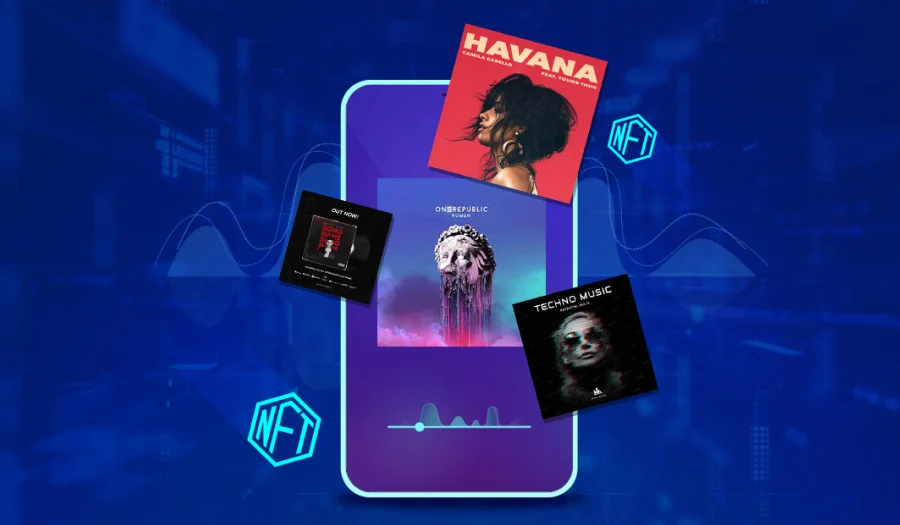
Why NFTs in Music Matter
NFTs are changing the music industry, giving artists and fans amazing chances. A seismic shift in how music is distributed, owned, and enjoyed is represented by them. Imagine having a special digital version of your favorite song, with extra benefits. This is the promise of NFTs in music.
A Symphony of Benefits
- Direct Artist Support: NFTs allow musicians to skip traditional distribution channels. This helps create a closer relationship between the artist and their fans. It is not only good for artists because they get fair payment, but also for fans who want a closer connection with their favorite artists.
- Authenticity and Rarity: NFTs give a certificate of authenticity to digital music files. This makes them like collectible art.
- Innovative Revenue Streams: Artists can monetize their work using NFTs. NFTs offer exclusive content, early access passes, and royalties.
The Artistic Renaissance: NFTs and Music
NFTs are sparking a revival in the music industry. They let artists be more creative and connect better with fans. Art Blocks is an example of how music and digital art can come together. Each NFT offers a one-of-a-kind audio-visual experience. This new way of creating music is changing how we experience and engage with it. Artists can now include stories, digital art, and exclusive content in their music. This makes every release a complex form of art.
Evolution of Music Distribution: From Vinyl to NFTs
Music distribution has changed a lot over time. First, there were vinyl records, then cassettes and CDs. Now, we have digital streaming and NFTs. Each phase has made big differences in how people listen to and value music. NFTs are the newest development. They use blockchain technology to make music digital and unique. This is a big change from the way we stream music now.
Case Studies of Musicians Using NFTs
In this section, we highlight famous musicians who have transformed their songs or albums into NFTs. They have shown creative ways of embracing this technology:
- Kings of Leon: Released an album as an NFT with unique packages and perks.
- Grimes: Sold digital artworks and music as NFTs, including unique tracks.
- Steve Aoki: Released digital art collections featuring original music.
- Deadmau5: Launched NFT collections with exclusive music tracks.
- John Legend: Involved in a platform enabling artists to sell music NFTs.
- Lindsay Lohan: Released her single "Lullaby" as an NFT.
- Eminem: Launched "Shady Con," a collection featuring Eminem-themed collectibles.
- Drake: Turned the album art for "Certified Lover Boy" into Ethereum NFTs.
Artists use NFTs in various ways for music releases. They offer fans one-of-a-kind collectible items and experiences. These case studies show examples of how this is done.
Here is the top 3 of the popular music NFT marketplaces in 2023:
Navigating the Legal Landscape
NFTs are being integrated into music. This integration creates new legal challenges and opportunities. You must consider intellectual property rights. You must also consider copyright law. You must also think about the contract terms found in NFTs. Artists must follow the laws and protect their creative rights. Collectors must understand the laws. This will ensure their investments are legal and safe. Legal Advices offers guidance for navigating these complex waters.
For detailed guidance on navigating these complex legal waters in NFT projects, refer to the comprehensive article "Top 12 Advices to Navigate Legal Waters in NFT Projects" in our journal.
The Future of NFTs in Music
The future of NFTs in music is bright and filled with potential. As technology advances, we will see more creative uses of NFTs. They won't be limited to music tracks but will include immersive experiences. NFTs can change how fans engage with artists. They can also change how artists brand themselves. Additionally, they can change how music is distributed. When more artists and industry players use NFTs, they will blend music, art, and technology. This blending will lead to exciting collaborations and new ways of expressing music.
The Economic Impact of NFTs on the Music Industry: A Human Touch
NFTs have changed the music world. They are not just a new technology, but also a shift in culture. NFTs change how artists make money and impact the industry's economics. This brings a human element to an industry often seen as impersonal.
A New Era of Artist Empowerment
- Direct Connections: NFTs are breaking down the traditional barriers between artists and fans. Musicians can now sell their work directly to their audience. They don't need intermediaries anymore. The industry used to be controlled by intermediaries. This new way is not just about making more money for artists. It's also about connecting with fans on a personal level.
- A Lifeline in Challenging Times: Live concerts are uncertain in this era. Streaming royalties often receive criticism for being insufficient. However, NFTs have emerged as a beacon of hope for artists. They provide creative ways for artists to generate income. You can do this by using limited edition digital collectibles. You can also use exclusive content that is tied to NFT releases.
Changing the Tune of Traditional Revenue
- Beyond Streaming's Reach: Streaming services are popular, but they pay artists very little. NFTs are a different option that can work alongside these platforms. They give musicians a better way to make money from their creativity and hard work.
- Revolutionizing Live Performances: Concert tickets can be more than just passes to events. NFTs allow tickets to become collectible items. They can be loaded with exclusive experiences and memorabilia. NFTs are not just for combating ticket fraud. They also enrich the concert experience, making it more memorable and personal.
Navigating the New Landscape
- The Challenge of Volatility: The world of NFTs is exciting but unpredictable. Digital assets, such as artwork, music, and collectibles, can have prices that change a lot. This can be risky for artists and fans who are interested in them. They need to be careful when dealing with these assets.
- Demystifying the Digital: NFTs need wider understanding and accessibility to succeed. The concept may seem complex, but its benefits are simple and powerful. Artists have more control and connection. Fans enjoy richer and more engaging experiences.
Looking Ahead
As we look ahead to the music industry's future, NFTs symbolize potential change. They are a tool for artists to regain control and for fans to connect with music more deeply. The journey might have challenges and learning curves. The destination will create a music world that is connected, fair, and focused on people.
In Conclusion: A Crescendo of Possibilities
NFTs and music are not just a trend but a revolution. Digital collectibility and artist empowerment are changing the music industry. Join us at Next NFT Mint to explore the evolving world of NFTs. Art and technology come together in a symphony of innovation.
FAQ Section: Understanding NFTs in Music
What are Music NFTs?
Digital tokens representing ownership of music.
How Do Music NFTs Work?
Using blockchain for uniqueness and ownership.
Can Anyone Create a Music NFT?
Yes, both indie and established artists can mint music NFTs. How can fans benefit from music NFTs? Fans get one-of-a-kind experiences and exclusive content.


 6 mins read
6 mins read